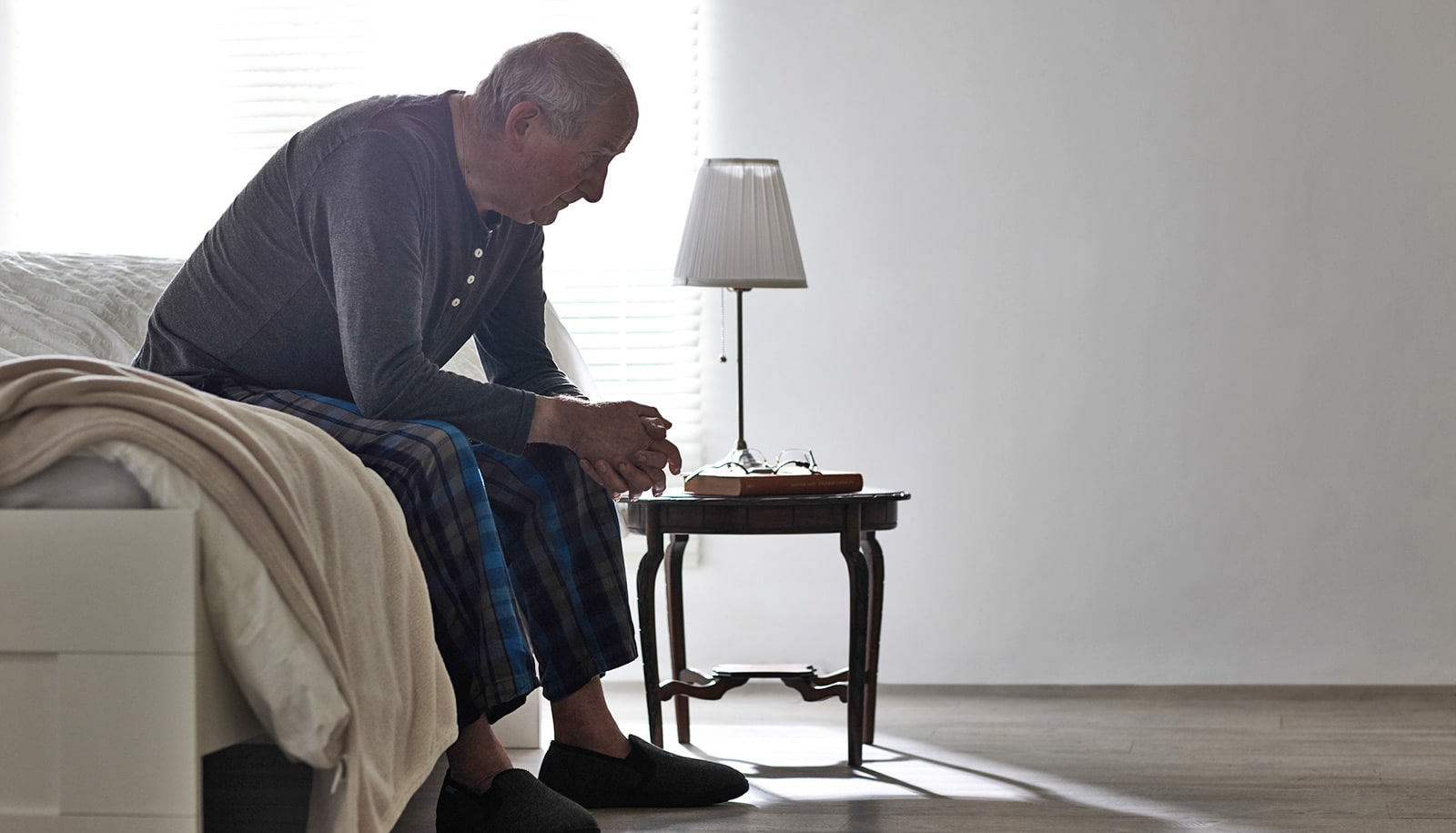Grieving a spouse while dealing with a full-time job may harm the health of widows and widowers, according to new research.
The study examines the mental and physical health of individuals who lost a spouse three months prior to participating in the study. The researchers were specifically interested in how employment status and income affected health outcomes of surviving partners.
The researchers found that surviving spouses who worked had overall higher perceived stress levels and bodily inflammation (tracked through blood work looking at levels of specific markers of inflammation) than did retirees who had lost their partner.
High levels of stress and chronic inflammation are a good indicator of risk for negative physical health outcomes in the future, according to Jensine Paoletti, a postdoctoral research fellow in the Biobehavioral Mechanisms Explaining Disparities Lab (BMED) at Rice University and lead author of the study in Psychoneuroendocrinology.
The researchers also found a negative relationship between family income and mental health among widows and widowers who were working—and the lower the income, the worse the mental health effects. However, income had no impact on the mental health of retired widows and widowers.
Chris Fagundes, a professor of psychological sciences and director of the BMED lab, is the study’s senior author. He says the findings suggest the “secondary stress” of losing a spouse—like dealing with daily tasks that the deceased partner once handled and settling affairs—is an enormous burden for survivors who must continue working. He says higher earners are more likely to outsource such tasks and have better physical and mental health because of it.
This research had funding from the National Institutes of Health and the National Institute on Aging.
Source: Rice University



